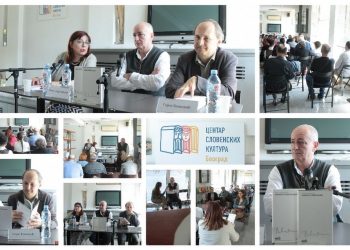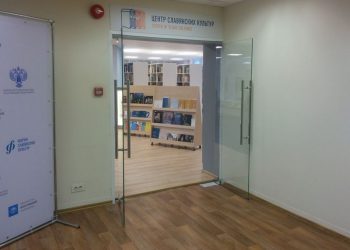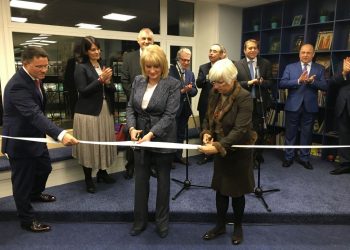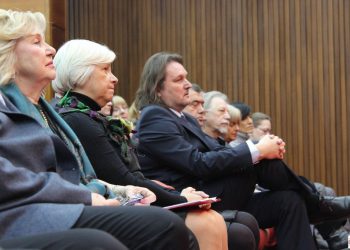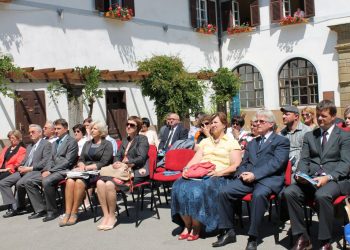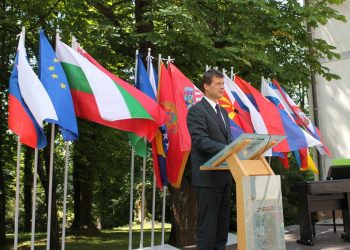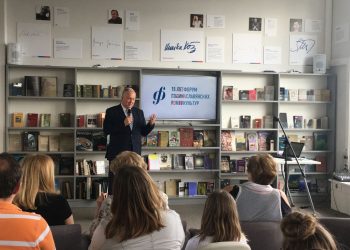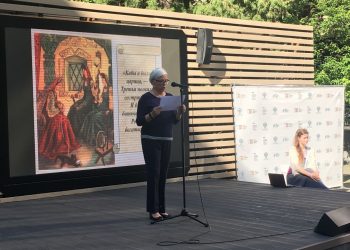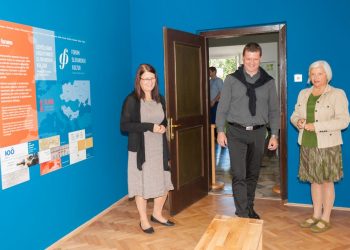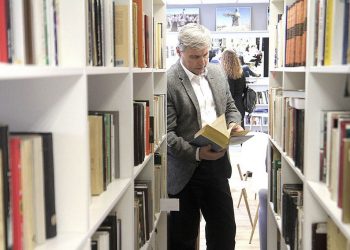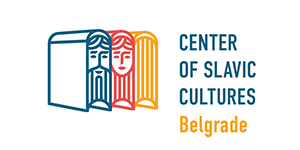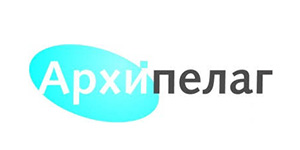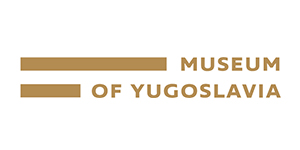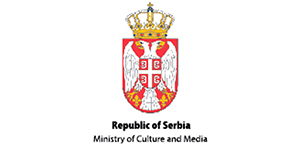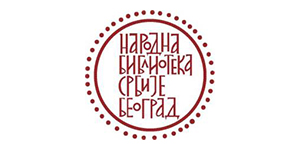Centra FSK
Centra FSK
“Centra kultur słowiańskich stały się ośrodkami, w których spotykają się użytkownicy, profesjonaliści i ogół społeczeństwa, do których dołączają ciekawscy, którzy chcą dowiedzieć się więcej o Słowianach nowej ery oraz wszyscy szukający nowych dróg ku przyszłości.”
CENTRUM FSK RADLJE OB DRAVI
Radlje ob Dravi / Słowenia
Od roku 2014
Pierwsze centrum Forum Kultur Słowiańskich zostało otwarte z okazji 10. rocznicy ustanowienia FSK w ramach serii wydarzeń pod wspólną nazwą Czysta dziesiątka! (słoweń. Čista 10-ka! ). Centrum otworzyli burmistrz gminy Radlje ob Dravi Alan Bukovnik oraz Andreja Rihter, dyrektor Forum Kultur Słowiańskich.
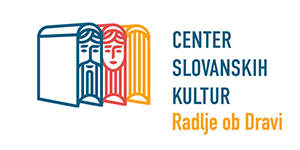
“Radlje ob Dravi was first mentioned in 1139, and as a market town in 1268. Findings from the Roman period testify to its antiquity. Even today, Radlje has preserved its market town atmosphere. Visitors can choose among numerous possibilities for recreation, as the heterogeneous area offers many tracking, biking and educational paths. It is an ideal combination of pleasant and useful.”
“Among the valleys and woods of the Pohorje Massif, in the everyday life of villages and towns, it becomes obvious who we are, what is our identity, what makes us similar and different. Local communities are the core of cultural identity and a basis for weaving new cooperation networks. Therefore the Forum of Slavic Cultures has decided to open its first local cultural centre in the Slavic and European area right in the town of Radlje ob Dravi.”
Partnerzy
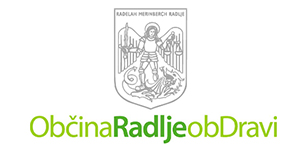
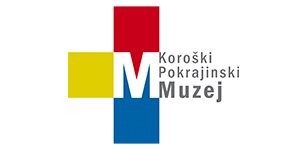
CENTRUM FSK MOSKWA
Moskwa / Rosja
Od roku 2016
W obecności ambasadorów wielu krajów słowiańskich organizacja międzynarodowa Forum Kultur Słowiańskich z siedzibą w Lublanie we współpracy z Wszechrosyjską Biblioteką Literatury Zagranicznej Rudomino otworzyła w Moskwie Centrum Kultur Słowiańskich. Jest to ośrodek, w którym dziedzictwo kulturowe krajów słowiańskich jest pielęgnowane i promowane zarówno poprzez wymianę literacką, jak i przez zróżnicowany program aktywności.
Wstęgę uroczyście przecięła dr Andreja Rihter, dyrektor Forum Kultur Słowiańskich, wraz z Allą Maniłową, wiceministrem kultury Federacji Rosyjskiej i Wadimem Dudą, dyrektorem Rudominy. W ceremonii uczestniczył również specjalny przedstawiciel prezydenta Rosji ds. międzynarodowej współpracy kulturalnej Michaił Szwydkoj.
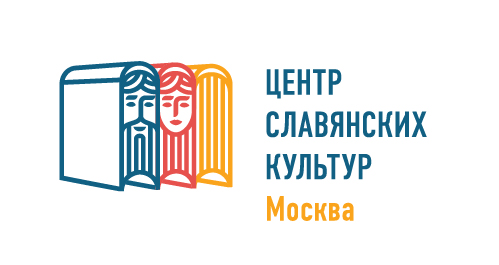
“Promotional projects of the Forum of Slavic Cultures are not directed only to Slavic countries but equally into wider European area. Some of the projects have also reached the overseas countries.”
“We are very different, our historical paths have often taken us apart but what remained was our Slavic soul, feelings, Slavic languages. And this brings us together.”
Partnerzy
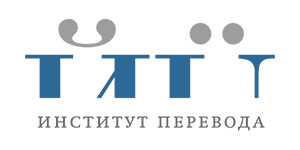
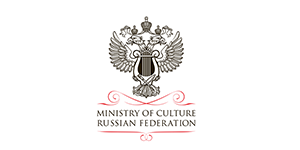
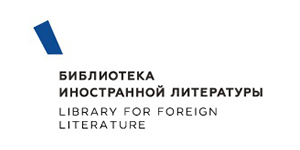
CENTRUM FSK BELGRAD
Belgrad / Serbia
Od roku 2018
W dniu 18. rocznicy Serbskiej Biblioteki Narodowej, serbski minister kultury i informacji Vladan Vukosavljević otworzył Centrum Kultur Słowiańskich Belgrad .
“The potential of Slavic cultures is enormous and we should make the most of its momentum. The cultural charge of the Slavs is powerful and inspired with experience, artistic talent and cultural wealth accumulated through our history, without which it is impossible to understand or imagine the world’s civilisation.”
“Western Europe is unaware that Slavic nations each speak their own language… It is therefore important that we build bridges to get to know them and present them to the rest of the world. It should be our imperative to tell the world our stories, to let them speak of our cultures and our heritage.”
Wiadomośći
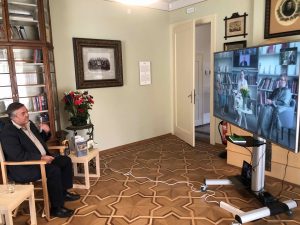
Drago Jančar i Robert Perišić na Festiwalu Kultur Słowiańskich
Z okazji Dnia Słowiańskiego Piśmiennictwa i Kultury w Centrum Kultur Słowiańskich w Moskwie odbył się tradycyjny Festiwal Kultur Słowiańskich. W tym roku impreza miała formę hybrydową: część wydarzeń odbyła się na żywo, część — zdalnie. Zorganizowany został również okrągły stół poświęcony publikacjom rosyjskim z serii „100 powieści słowiańskich”.

